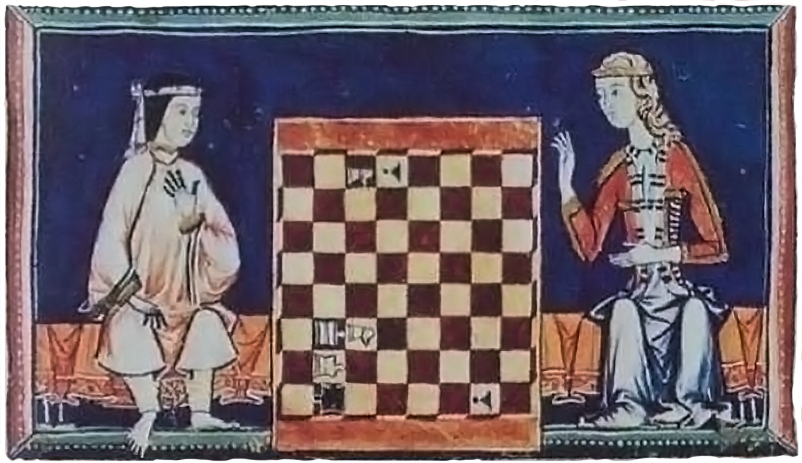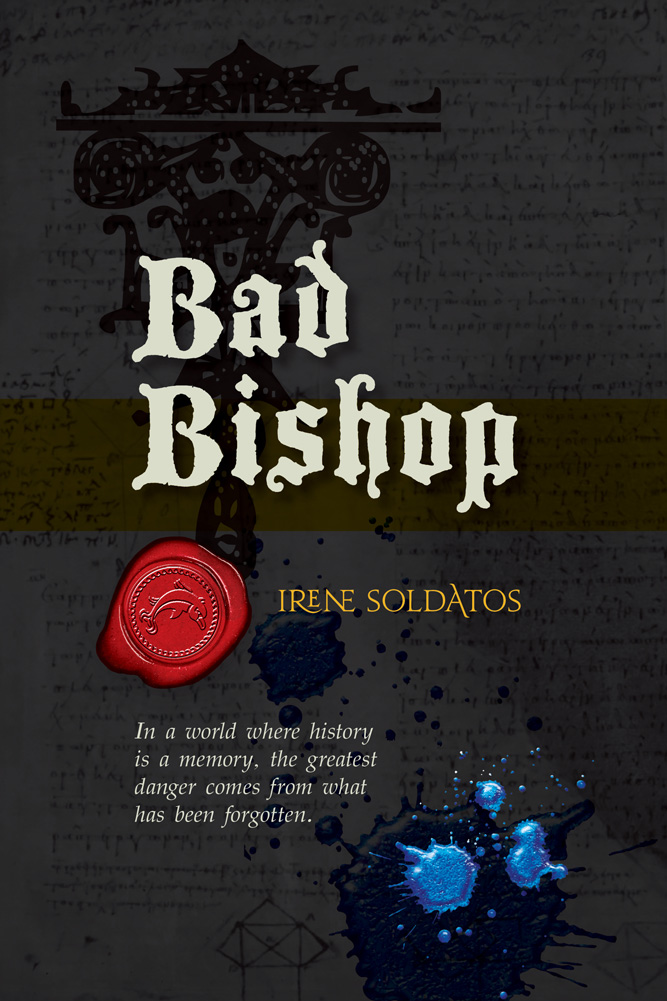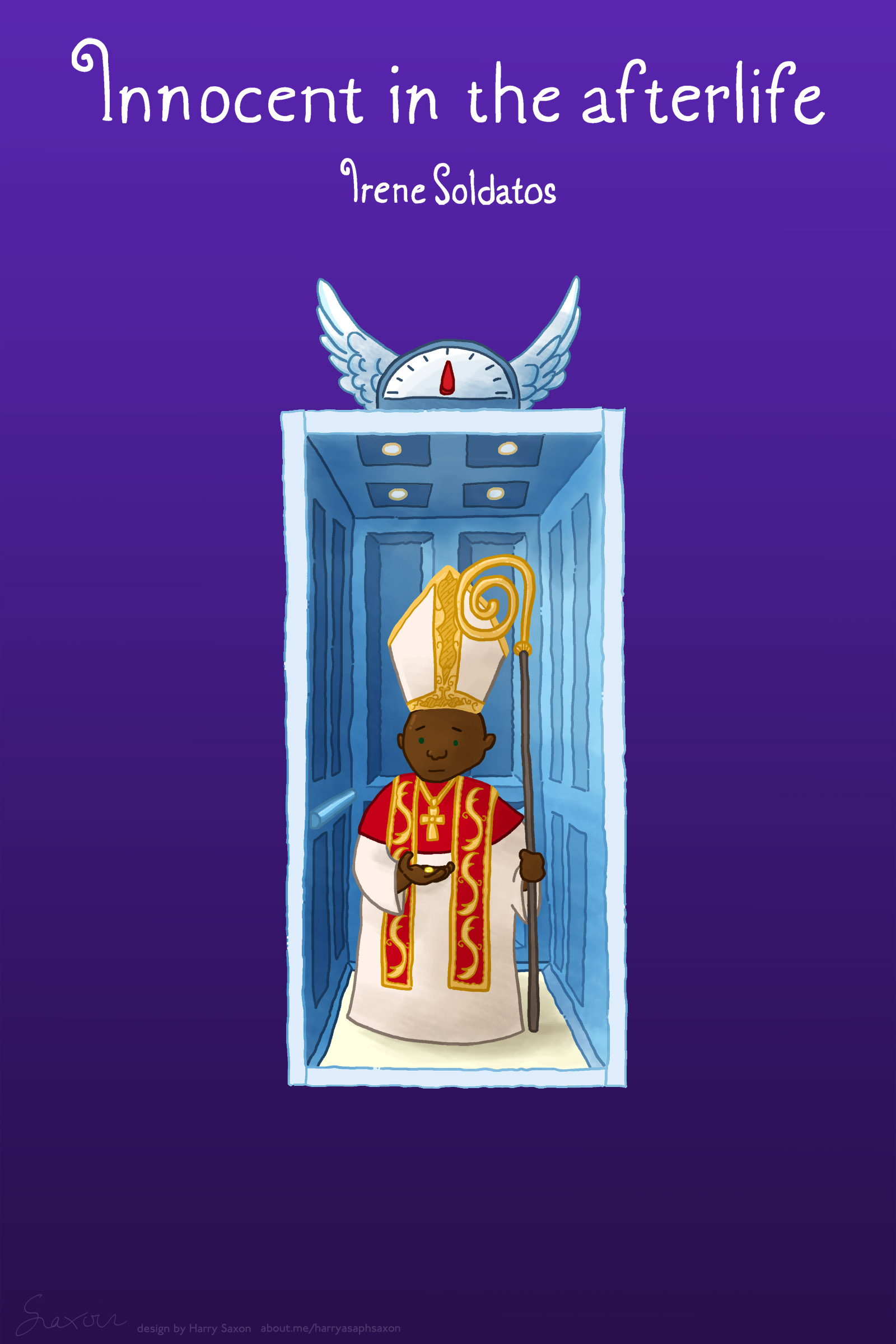Innocent in The Afterlife
A humorous little novelette, available for Kindle
Read An Excerpt
Pope Innocent XIV, né Polycarp Njue Wako, the first ever black Cardinal to be elected to the seat of St Peter, reigned for the grand total of three days – thus gaining for himself the dubious honour of henceforth heading the list of shortest-reigning Popes. The previous record holder, Pope Urban VII, trailed now at a distant second place, far behind him, with a reign of a full thirteen days.
Pope Innocent XIV dropped dead, quite suddenly, at the age of 73, whilst happily composing his Papal Inauguration homily. An asymptomatic and, as such, undiagnosed cerebral aneurysm chose that precise moment, to pop – with the holy father’s new, 55,000 euro white-gold and diamond Mont Blanc fountain pen, a congratulatory gift from the African Cardinals on the occasion of his election to the Pontificate, suspended, for a moment, between the word ‘clergy’ that he had just finished writing with a flourish, and the one that would follow it. Only that next word never came, for Polycarp Njue Wako, henceforth to be known as Innocent XIV, the 266th – according to modern reckoning – Bishop of Rome, rather abruptly vacated his hard-won Holy See and departed the world.
Rather bemused, Innocent XIV watched the commotion that ensued feeling more than a little cheated, and bitter, that he should have been plucked away from this vain world just when he had achieved his lifetime ambition, without first being given the opportunity to savour it, to enjoy its well-earned benefits, and of course to dedicate some years to the governing of the Church, to be allowed to put his own personal stamp on it. To be Infallible.
He had only been Infallible for three days – hardly much, by any reckoning – and, though he had known he was Infallible, he hadn’t really had the opportunity to demonstrate his Infallibility to the world at large, by either word or deed. He hadn’t even had the chance to finish writing his homily. And there were so many things he wished to say about condoms… Not in the Inauguration homily, of course, that would have been inappropriate, the homily would have revolved around the selfless dedication of the Church and its priests to the service of humanity and God, an extolling of it as a force for good in the world; but later, at the first opportunity, condoms would certainly have been mentioned at length.
And it was only a few days before Christmas. He would have given his first Urbi et Orbi address, offered remission of all sins to millions of people gathered at St Peter’s Square, or watching the ceremony on television, or listening on the radio, (for no reason other than that they were doing so), and now this was not to be.
Yes, Innocent XIV felt cheated.
Of course, he reprimanded himself for these perfectly natural feelings; this clearly was God’s will and, Pope though he was, even he could not question this ultimate authority, or Its Divine Plan – whatever this was. Perhaps, now that he was dead, he would finally find out. He wondered, vaguely, whether the Divine Plan was revealed to all dead Popes, or whether sainthood was necessary first. Though he was beginning to experience a little niggle of worry, as he was still there, watching all the ancient, ritual preparations for his funeral, with all due honours; the Rite of Visitation at St Peter’s Basilica; the endless flow of the crowds paying their respects – this seemed appropriate and most satisfying, of course – and he was not going anywhere. It was true that he had not received Last Rites, as his death had come so suddenly, but he had not been behind with his confessions, and he had died as Pope, after all.
All things considered, the worry was small, but nonetheless noticeable, as the days went by, his last will and testament was published, and finally the Mass of Requiem was sung, with an impressively good turnout despite his reign having been so short. Some fifty-five heads of state and nine or ten leaders of other religions – Innocent XIV didn’t count them too carefully – attended the service, and there were a couple of million mourners gathered in Rome for the event. Despite his mounting concern, Innocent XIV felt as pleased as he could be, under the circumstances, with the turnout and the splendour and solemnity of the event.
Finally, eight days after his death, the body of Pope Innocent XIV was buried under St Peter’s Basilica, in the Tomb of the Popes – whilst Innocent XIV himself watched in continued uneasy, and more than a trifle miffed, bemusement, wondering, ever more urgently, why on earth he was still there.
No sooner was the lid of the tomb lowered into place, than the crypt of St Peter’s Basilica suddenly vanished, to be replaced by a dark, rocky landscape with no definable borders between dark grey ground and gloomy sky, if this were indeed a sky, and not impenetrable grey fog wrapped round the landscape itself like a shroud. A great, dark river, its far bank almost invisible, flowed through the rock-strewn terrain, coming from a distant, indeterminate greyness that could not properly be termed a horizon to the left, and flowing towards much the same to the right.
Innocent XIV felt a little shriek of panic rising up inside him and demanding to be set free – despite the obvious absence of any pits of excrement or cauldrons of fire, which, in any case, as a twenty-first century, highly educated Catholic he didn’t truly believe in, in a literal sense – when he noticed something else, which, by its mere presence, half-stifled the rising shriek. What came out instead was a timid little squeal.
‘Eeek!’ gasped Innocent XIV, staring at what was, admittedly, and without a doubt, the most handsome, white young man the ex-Pope had ever before seen or could, in fact, ever imagine might exist. He was breathtaking – though Innocent XIV wasn’t himself that way inclined, this fact was as undeniable as the fact that the ceiling of the Sistine Chapel was a work of highest art. The young man had short, dark brown hair, just long enough to betray the curls that would develop should it be allowed to grow longer, eyes like liquid chocolate, fair skin and a body like any of the numerous ancient Greek statues of athletes kept at the Vatican museums, and with which Innocent XIV was well-aquainted. (Some of them had even escaped well-intentioned Christian vandalism and had not acquired new, marble fig leaves with which to preserve their modesty).
The young man was wearing khaki-coloured cargo shorts to below the knee, sturdy hiking boots, and a darker-green tank top. He had one knee bent, booted foot on one of the higher placed rocks, elbow resting on his knee, and appeared to be talking on a mobile ‘phone. Until, that is, the Pope’s squeal alerted him to his presence there, at which point the young man’s eyes flashed round, glittering with something that worried Innocent XIV but which he hadn’t the time to properly analyze, and a smile. It was a welcoming smile, Innocent XIV decided, electing to focus on that, rather than the unsettling twinkling in the liquid-chocolate eyes that somehow put him in mind of his schoolboy days.
What others are saying:
“A cheerful comic fantasy sharply written and guaranteed to cheer you up.“
— Tina Rath
“Although Innocent in the Afterlife is both light-hearted and an enjoyable read, it’s also is a daring story underpinned by intelligence and intellect. The irreverent, comedic take on religion brings an obvious comparison to the Monthy Python films, whilst the cast of minor and major deities is reminiscent of Neil Gaiman’s American Gods and the newcomer to the afterlife accompanied by a guide is, obviously, very Dante-y.”
— Ross



